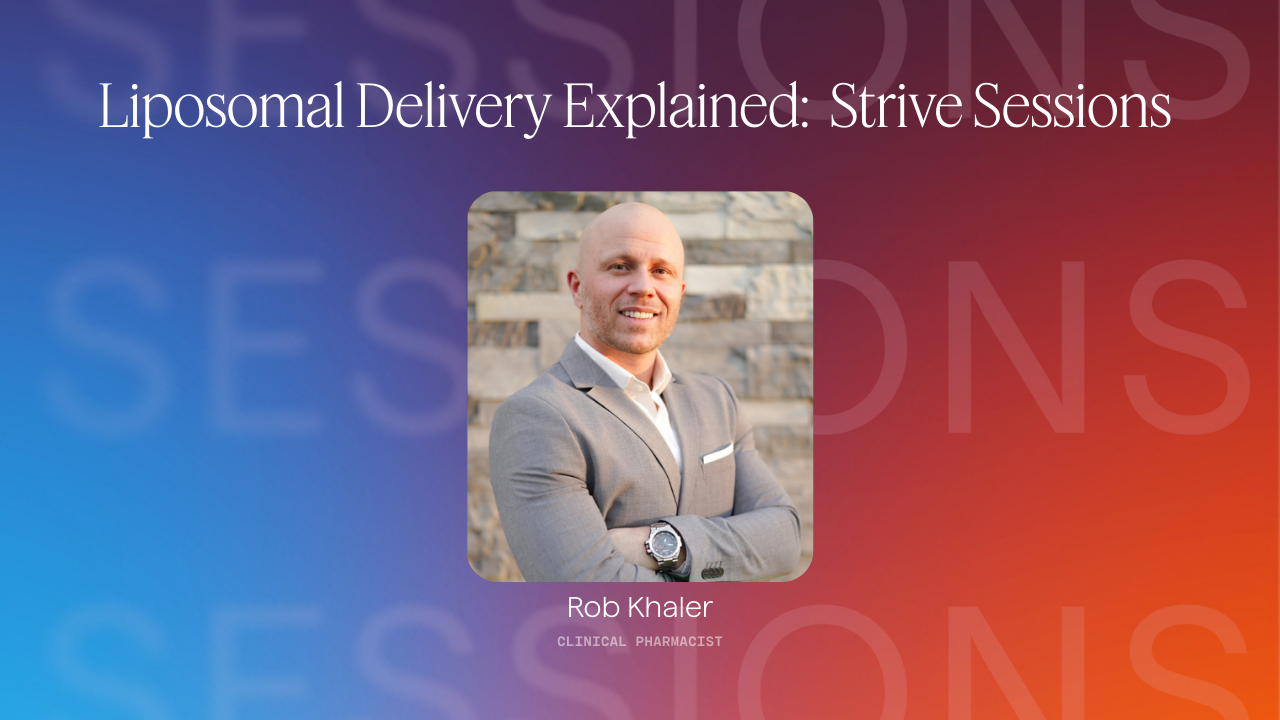Sirolimus
Sirolimus (rapamycin) is an mTOR inhibitor that helps support healthy aging by activating the body’s natural cell-cleaning process, known as autophagy. It helps prevent the buildup of damaged, inflammatory cells and has been shown to extend lifespan in several species.
ACTIVE INGREDIENTS
Sirolimus (Rapamycin)
HOW TO USE
Usual Dose
Oral (Acid Resistant Capsule): 1mg to 6mg one time by mouth weekly.
- Low intermittent or pulse dosing minimizes adverse effects and may confer immunomodulatory benefits
- Dose varies based on individual needs and health conditions
Topical : Sirolimus 0.001% cream . Apply to skin at night.
- Studies suggest low concentration sufficient for localized anti-aging effects
- Favorable tolerability. Acts locally on the cells of the skin.
DISCLAIMER
This compounded medication is only available when the commercially available product is unavailable or when a prescriber determines that there is a clinically significant difference for the patient.






































